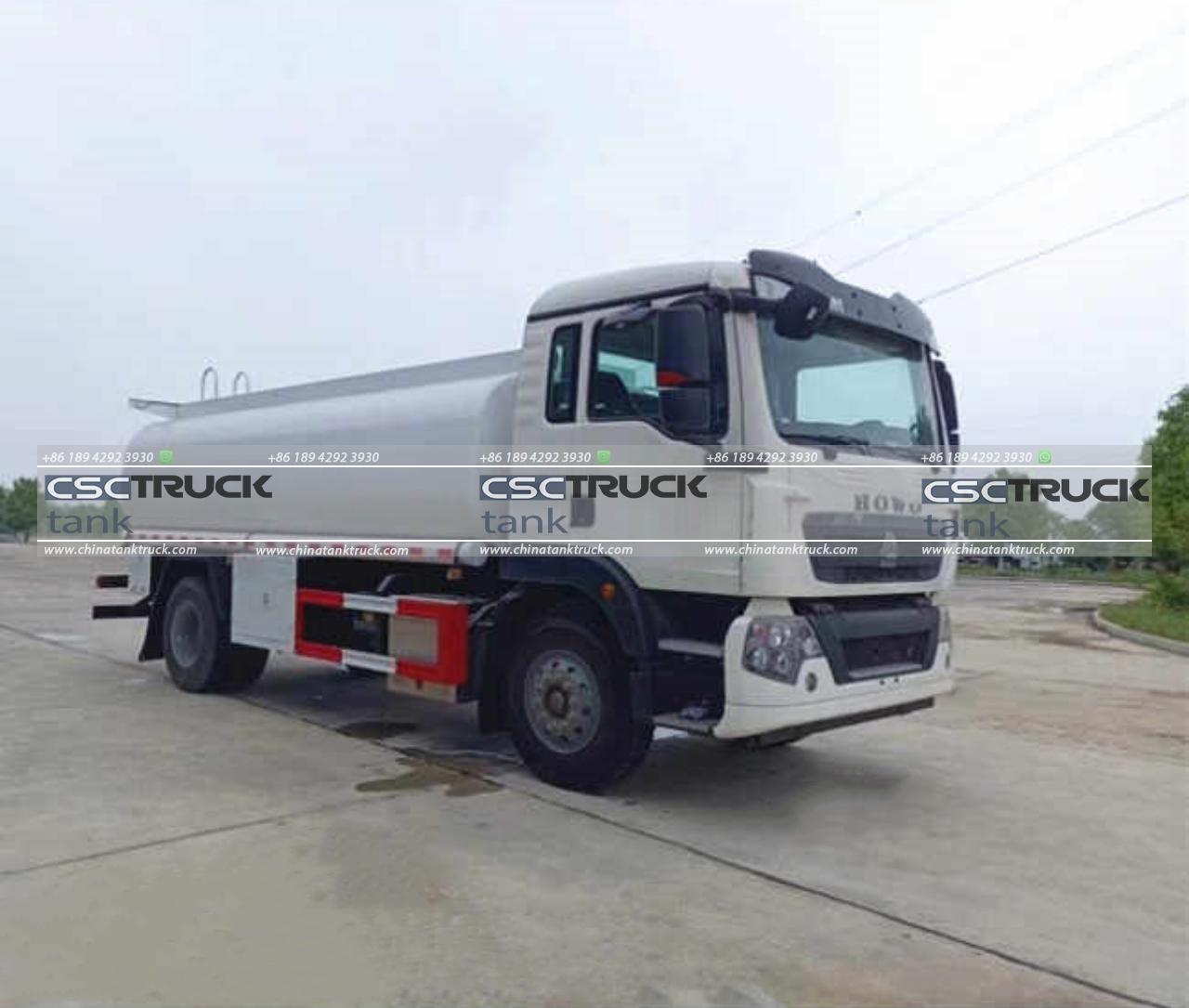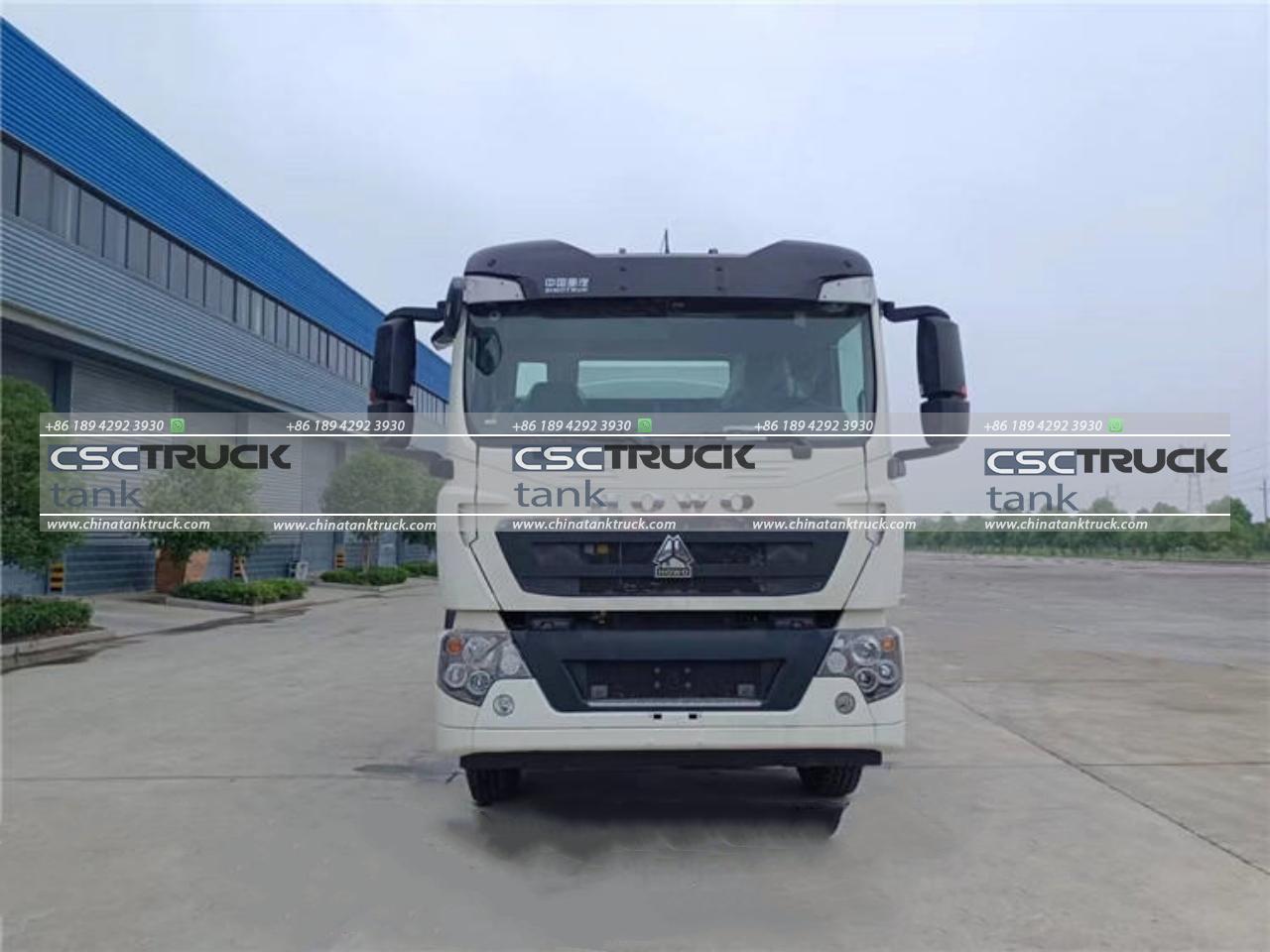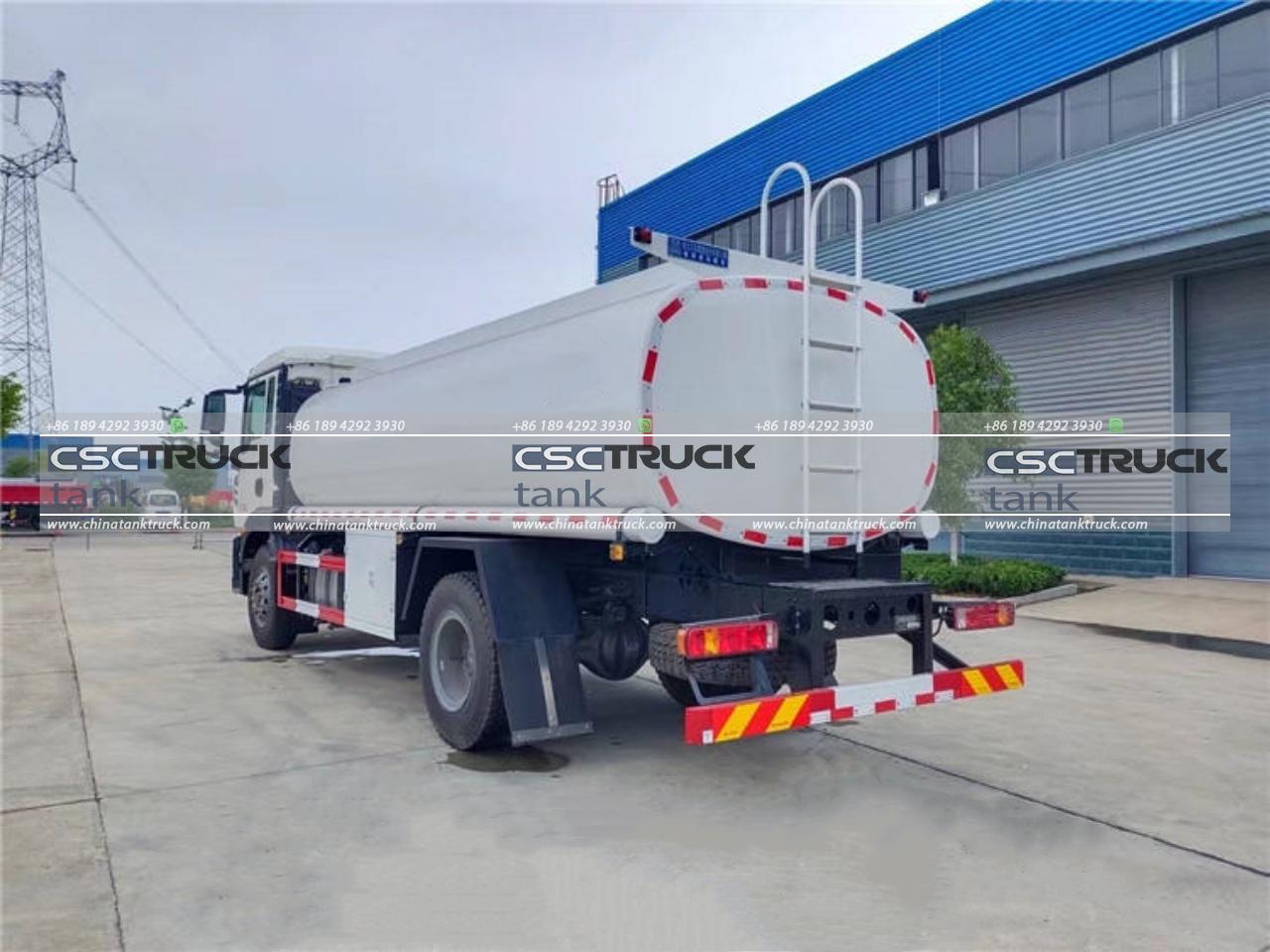Which Fuel Truck Use? Exploring Fuel Types for Trucks
In the world of trucking, the type of fuel a vehicle uses is critical not only to its performance and cost efficiency but also to its environmental impact. Trucks transport a wide variety of goods across diverse terrains and climates, making fuel choice a key decision for fleet owners, operators, and logistics managers. Today, diesel remains the dominant fuel in the trucking industry, but alternative fuel sources like gasoline, natural gas, electric, and hydrogen are increasingly gaining traction. This article will explore the types of fuel commonly used by trucks, the benefits and drawbacks of each, and emerging trends in truck fuel technology.
1. Diesel Fuel
Diesel fuel has long been the primary choice for trucks, especially for heavy-duty applications. Known for its high energy density, diesel provides better fuel economy and higher torque than gasoline, which is essential for hauling heavy loads.
Advantages of Diesel:
– Energy Efficiency: Diesel engines are more fuel-efficient, which means they can travel longer distances per gallon than gasoline engines.
– Durability and Longevity: Diesel engines tend to be more robust and last longer than gasoline engines, making them a preferred choice for heavy-duty trucks.
– High Torque: Diesel engines produce greater torque, allowing trucks to handle steep inclines and heavy loads more effectively.
Disadvantages of Diesel:
– Cost: Diesel fuel often costs more than gasoline, and diesel engines are typically more expensive to purchase and maintain.
– Environmental Impact: Diesel engines emit nitrogen oxides (NOx) and particulate matter (PM), which contribute to air pollution and pose health risks.
– Noise Levels: Diesel engines are generally noisier than other types of engines, although advances in technology have reduced this issue.
While diesel remains the go-to fuel for many heavy-duty trucks, stricter environmental regulations and the rising cost of diesel are pushing manufacturers and operators to explore cleaner alternatives.

2. Gasoline
Gasoline is more common in light- to medium-duty trucks, such as pickup trucks and delivery vans, where the cost of the engine and vehicle weight are major considerations.
Advantages of Gasoline:
– Lower Upfront Cost: Gasoline trucks are usually cheaper to buy and maintain, making them an affordable choice for lighter-duty applications.
– Availability: Gasoline is widely available at fuel stations, making it convenient for drivers who may not have access to specialized refueling stations.
– Lower Emissions (Compared to Diesel): While not as clean as alternative fuels, gasoline produces lower levels of particulate matter and NOx emissions than diesel.
Disadvantages of Gasoline:
– Lower Fuel Efficiency: Gasoline engines have lower fuel efficiency compared to diesel, meaning higher fuel consumption for the same distance.
– Shorter Engine Life: Gasoline engines tend to wear out faster than diesel engines, especially under heavy-duty use.
– Performance Limitations: Gasoline engines generate less torque, which can be a disadvantage in applications requiring heavy hauling and towing.
Gasoline is a practical choice for lighter trucks used in urban environments, where ease of refueling and lower upfront costs are more important than fuel efficiency and long-term durability.
3. Natural Gas
Natural gas, available in compressed (CNG) and liquefied (LNG) forms, is a popular alternative fuel in regions with well-developed natural gas infrastructure. Both CNG and LNG have been successfully used in medium- and heavy-duty trucks, particularly in the transit and waste collection sectors.
Advantages of Natural Gas:
– Lower Emissions: Natural gas burns cleaner than diesel and gasoline, producing significantly lower levels of NOx and PM emissions, which is beneficial for urban areas concerned with air quality.
– Cost Savings: Natural gas is often cheaper than diesel and gasoline, particularly in regions with abundant supplies.
– Noise Reduction: Natural gas engines tend to be quieter than diesel engines, reducing noise pollution.
Disadvantages of Natural Gas:
– Infrastructure Requirements: The limited availability of natural gas refueling stations can be a barrier to adoption, especially in rural or remote areas.
– Lower Energy Density: Natural gas has a lower energy density than diesel, which can lead to reduced range and fuel efficiency.
– Higher Upfront Costs: Vehicles powered by natural gas often have higher upfront costs due to the specialized fuel storage and handling equipment.
Natural gas is well-suited for fleets operating within a fixed geographic area, such as city buses and refuse trucks, where refueling stations can be easily accessed.

4. Electricity
Electric trucks, powered by large battery packs, are becoming increasingly popular as technology advances. While electric trucks are mostly limited to light- and medium-duty applications, advancements in battery technology are making heavy-duty electric trucks a feasible option.
Advantages of Electricity:
– Zero Emissions: Electric trucks produce 0 tailpipe emissions, which makes them ideal for urban areas where air quality is a major concern.
– Lower Operating Costs: Electricity is generally cheaper than diesel and gasoline, and electric trucks have fewer moving parts, leading to lower maintenance costs.
– Quiet Operation: Electric motors are much quieter than internal combustion engines, reducing noise pollution in urban areas.
Disadvantages of Electricity:
– Limited Range: Battery electric trucks currently have a limited range, which makes them less suitable for long-haul applications.
– Long Charging Times: Charging an electric truck can take several hours, which could lead to downtime compared to quick refueling with diesel or gasoline.
– High Initial Cost: Electric trucks are typically more expensive to purchase than their diesel or gasoline counterparts due to the cost of batteries.
Electric trucks are most practical for short-haul, urban routes where the range limitations and charging infrastructure are less of a concern.
5. Hydrogen Fuel Cells
Hydrogen fuel cell technology is emerging as a promising alternative for trucks, especially for long-haul applications. Hydrogen fuel cells generate electricity by combining hydrogen with oxygen, with water vapor as the only emission.
Advantages of Hydrogen Fuel Cells:
– Zero Emissions: Hydrogen fuel cell trucks produce 0 emissions other than water vapor, making them an environmentally friendly option.
– Fast Refueling: Hydrogen tanks can be refueled in minutes, similar to conventional fuels, which provides a significant advantage over battery charging times.
– Longer Range: Hydrogen fuel cells offer a range comparable to diesel, making them suitable for long-haul trucking.
Disadvantages of Hydrogen Fuel Cells:
– High Cost: Hydrogen fuel cell technology is still expensive, both in terms of vehicle cost and the infrastructure needed for refueling.
– Limited Infrastructure: Hydrogen refueling stations are rare, especially outside of specific regions like California and parts of Europe.
– Energy Intensity: Producing hydrogen is energy-intensive, and if the hydrogen isn’t sourced from renewable methods, the environmental benefits are reduced.
Hydrogen fuel cells are a promising solution for long-haul trucking, especially as more infrastructure becomes available and the cost of hydrogen production decreases with technological advancements.

Choosing the Right Fuel Type
The choice of fuel depends on several factors, including the type of trucking operations, budget constraints, regulatory requirements, and environmental considerations. For heavy-duty, long-haul applications, diesel and hydrogen offer the best balance of range and power. In urban areas, electric and natural gas trucks are ideal for their low emissions and reduced noise. Meanwhile, gasoline remains practical for light-duty applications where cost is a primary concern.
As technology evolves, the landscape of truck fuel options is expected to change significantly. The rise of renewable energy sources, improved battery technology, and expanded refueling infrastructure for natural gas and hydrogen may shift the industry away from diesel dependency. For now, fleet managers must weigh the pros and cons of each fuel type to determine the most practical and sustainable option for their needs.

